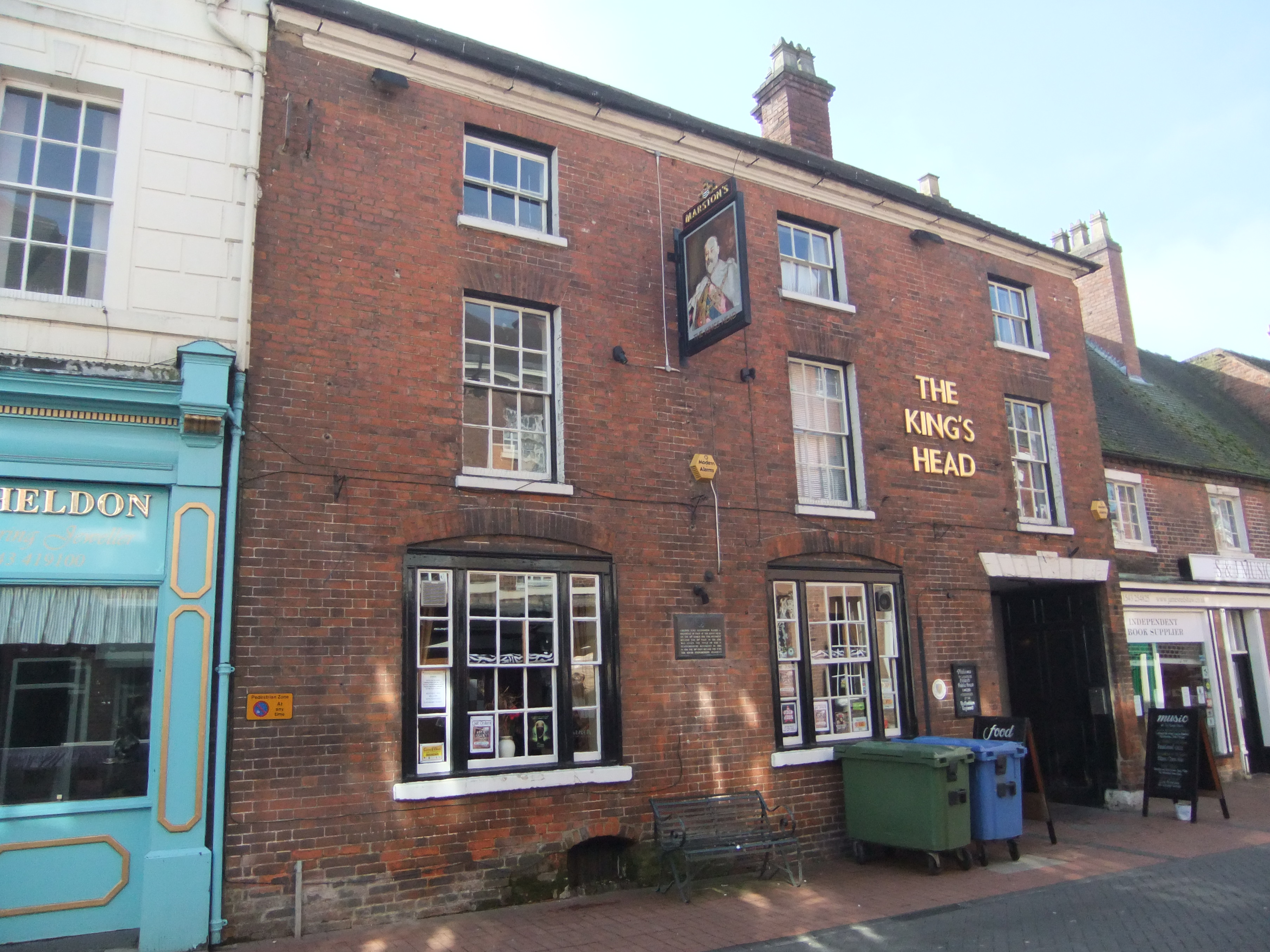Luke Lillingstone on:
[Wikipedia]
[Google]
[Amazon]
 Luke Lillingstone or Lillingston (1653–1713) was a
Luke Lillingstone or Lillingston (1653–1713) was a
 Lillingstone was without a command until 1705, when he was authorised to raise a regiment of foot. The third Lillingstone's Regiment was duly raised at the King's Head, Bird Street,
Lillingstone was without a command until 1705, when he was authorised to raise a regiment of foot. The third Lillingstone's Regiment was duly raised at the King's Head, Bird Street,
All Saints North Ferriby (accessed 11 September 2007)
/ref>
{{DEFAULTSORT:Lillingstone, Luke 1653 births 1713 deaths British Army brigadiers English army officers
 Luke Lillingstone or Lillingston (1653–1713) was a
Luke Lillingstone or Lillingston (1653–1713) was a British Army
The British Army is the principal land warfare force of the United Kingdom, a part of the British Armed Forces along with the Royal Navy and the Royal Air Force. , the British Army comprises 79,380 regular full-time personnel, 4,090 Gurk ...
general who accompanied William of Orange to England in 1688.
Early life
Lillingstone's surname is variably spelled Lillingstone, Lillingston and Lillingstein. He was born to Colonel Henry Lillingstone, of German extraction from Lilienstein. His maternal uncle, Colonel Thomas Dolman, served with his father in the Anglo-Dutch Brigade. Lillingstone himself was commissioned as an officer in the Brigade in 1673 and in 1688 he accompanied William of Orange to England.Command
After fighting against Jacobite forces in Ireland, Lillingstone received his first command in 1692, when he took over the colonelcy of Jonathan Foulkes's Regiment on the latter's death. On assuming command the regiment became Luke Lillingstone's Regiment of Foot, and was to be the first of three regiments to bear this title. Lillingstone's regiment was disbanded in 1694, but was reraised the same year for service in theWest Indies
The West Indies is a subregion of North America, surrounded by the North Atlantic Ocean and the Caribbean Sea that includes 13 independent island countries and 18 dependencies and other territories in three major archipelagos: the Greate ...
. This second regiment was disbanded in 1696 or 1697.
 Lillingstone was without a command until 1705, when he was authorised to raise a regiment of foot. The third Lillingstone's Regiment was duly raised at the King's Head, Bird Street,
Lillingstone was without a command until 1705, when he was authorised to raise a regiment of foot. The third Lillingstone's Regiment was duly raised at the King's Head, Bird Street, Lichfield
Lichfield () is a cathedral city and civil parish in Staffordshire, England. Lichfield is situated roughly south-east of the county town of Stafford, south-east of Rugeley, north-east of Walsall, north-west of Tamworth and south-west o ...
on 25 March 1705. The regiment was ordered to Antigua in 1707, but Lillingstone did not accompany it. In 1708 Lillingstone was promoted to the rank of brigadier-general, and ordered to join his regiment. He refused, and was dismissed on 2 June. Lillingstone's Regiment was given to his second-in-command, becoming James Jones's Regiment of Foot. The regiment continued in existence, becoming the 38th Regiment of Foot in 1751, one of the forebears of the modern Mercian Regiment
The Mercian Regiment (Cheshire, Worcesters and Foresters, and Staffords) is an infantry regiment of the British Army, which is recruited from five of the counties that formed the ancient kingdom of Mercia. Known as 'The Heart of England's Infant ...
.
Later life
Lillingstone was refused the purchase price of his regiment, and this led to the forced sale of his estate, Ferriby Grange,North Ferriby
North Ferriby is a village and civil parish in the Haltemprice area of the East Riding of Yorkshire, England.
History
Humber Estuary
"The archaeology of the intertidal wetlands of the Humber Estuary is of international importance, and include ...
, in the East Riding of Yorkshire
The East Riding of Yorkshire, or simply East Riding or East Yorkshire, is a ceremonial county and unitary authority area in the Yorkshire and the Humber region of England. It borders North Yorkshire to the north and west, South Yorkshire to t ...
. Lillingstone was married twice, first to Elizabeth, daughter of Robert Sanderson of Bonnel, who died on 18 Oct. 1699. His second wife was Catherine, daughter and heiress of Colonel Hassell of Kirby Grindalyth, Yorkshire. Neither marriage produced a male heir and Lillingstone's estates of North Ferriby and Kirby Grindalyth passed to his sister's son, Luke Bowden, who took the name of Lillingstone, and whose granddaughter married and gave her surname to Abraham Spooner in 1797. Abraham Spooner Lillingstone was a son of the banker Isaac Spooner and brother-in-law to William Wilberforce
William Wilberforce (24 August 175929 July 1833) was a British politician, philanthropist and leader of the movement to abolish the slave trade. A native of Kingston upon Hull, Yorkshire, he began his political career in 1780, eventually becom ...
by his sister Barbara Ann Spooner. Lillingstone died on 6 April 1713, and a monument to his memory was erected in the parish church of All Saints, North Ferriby. The monument features life-size effigies of Lillingstone and his second wife./ref>
References
*John Childs, 'Lillingstone illingston Luke (1653–1713)’, Oxford Dictionary of National Biography, Oxford University Press, 200{{DEFAULTSORT:Lillingstone, Luke 1653 births 1713 deaths British Army brigadiers English army officers